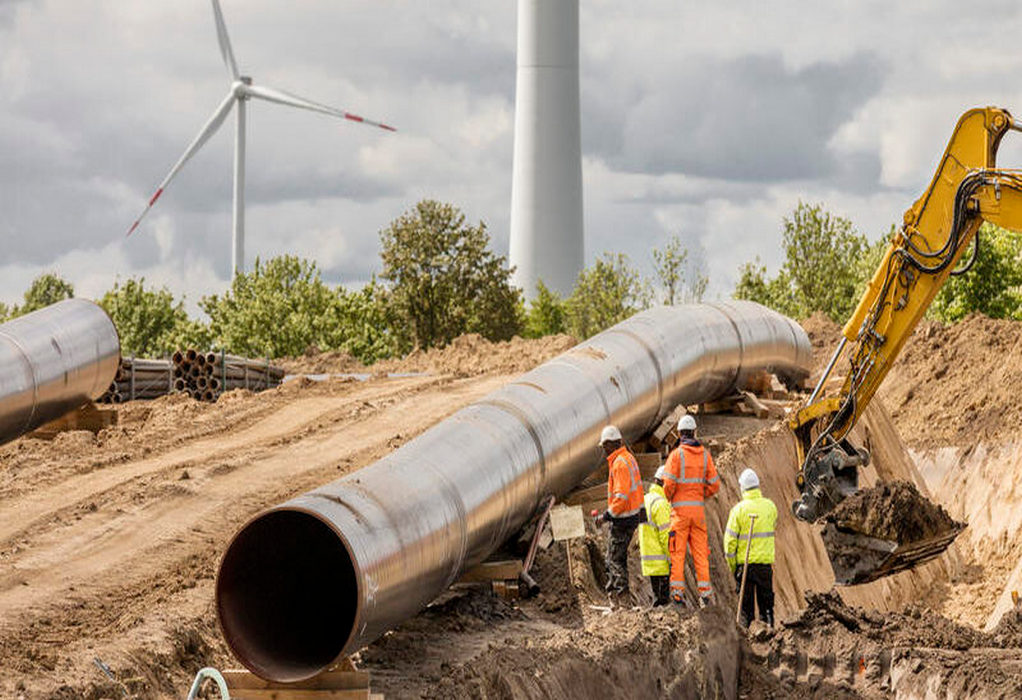The European Commission has outlined a new energy roadmap designed to cut reliance on Russian gas by two-third in just a year, BBC reported.
The plan envisages ending reliance on all Russian fossil fuels “well before” 2030.
In the short term, gas should be sourced from the US and Africa while some countries may need to use more coal in the months ahead.
The EU also proposes a massive ramping up of renewables, biogas and hydrogen.
While carbon emissions may rise in the short-term, the longer-term aim is a speedier transition to sustainable sources, BBC reported.
Russia’s invasion of Ukraine has brought a new focus on Europe’s reliance on the country for oil and gas. The EU gets roughly 40 per cent of its gas from Russia. According to figures from research group Transport & Environment, this dependence amounts to around $118 million a day.
But moving with a speed few thought possible, the EU has now laid out a strategy that could cut reliance on this fuel source by two-third within a year, BBC reported.
The plan aims to make Europe independent of Russian fossil fuels by 2030, but the initial efforts focus solely on gas.
The roadmap essentially proposes finding alternative supplies of gas in the next few months and boosting energy efficiency while doubling down on greener sources of power in the medium to longer term.
Source: IANS
Tags: Africa, Biogas, eu, Hydrogen, Russian Gas



Recent Posts
TSUNEISHI Launches World’s First Methanol Dual-Fuel KAMSARMAX Bulk Carrier in the Philippines
Grimaldi Group Launches Ammonia-Ready Car Carrier Grande Shanghai in China
Incat Tasmania to Build Two Battery-Electric Ferries for Denmark’s Molslinjen
YamnaCo Signs MoU with Andhra Pradesh to Develop Large-Scale Green Hydrogen and Ammonia Project
WNTI and NEMO Sign MoU to Advance Nuclear-Powered Shipping and Mobile Nuclear Energy Solutions
TotalEnergies and CMA CGM Form Joint Venture for LNG Bunkering Operations in Rotterdam
Keel laid for Bibby Marine’s first zero-emission eCSOV
New Report Highlights Potential of Voluntary Insetting to Support Maritime Decarbonisation, Calls for Robust Safeguards